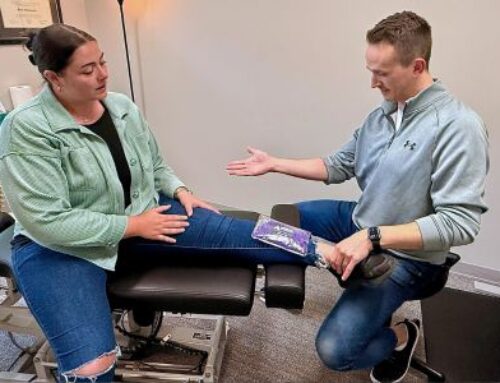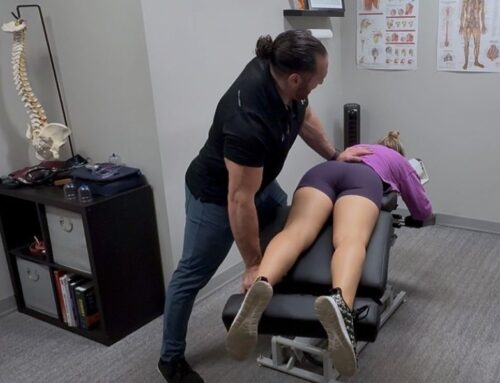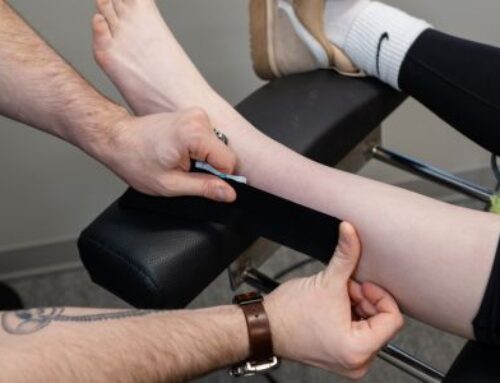Welcoming a new life into the world is a miraculous and transformative experience. However, the journey doesn’t end with childbirth; in fact, it’s just the beginning of a new chapter in your life as a parent. One crucial aspect of postpartum care that often goes overlooked is the role of vitamin D. In this blog post, I will explore the importance of postpartum vitamin D, its sources, and how you can ensure you and your baby receive the right amount of this essential nutrient.
The Importance of Postpartum Vitamin D
Vitamin D, often referred to as the “sunshine vitamin,” plays a vital role in maintaining overall health. While it is necessary throughout life, it becomes particularly important during the postpartum period for both the mother and the newborn.
- Bone Health: Vitamin D is essential for the absorption of calcium, which is crucial for bone health. During pregnancy and lactation, a mother’s body transfers calcium to her baby. Sufficient vitamin D is required for this process to work effectively.
- Immune Function: Vitamin D also plays a role in supporting the immune system, helping the body to fight off infections and illnesses. This can be especially important for sleep-deprived mothers as they may be more vulnerable to illness.
- Mood and Well-being: Some studies suggest that vitamin D may have a positive impact on mood and mental well-being. This can be vital for new mothers who may be experiencing postpartum mood disorders.
- Infant Health: Vitamin D is necessary for the healthy development of an infant’s bones and immune system. Breast milk is often considered the best source of nutrition for a newborn. However, it may not provide enough vitamin D on its own.
Sources of Vitamin D
There are two primary sources of vitamin D: exposure to sunlight and dietary sources.
Sunlight
The sun is the most natural source of vitamin D. When your skin is exposed to UVB rays from sunlight, it can synthesize vitamin D. However, many factors, such as geographical location, season, time of day, skin color, and the use of sunscreen, can affect the body’s ability to produce vitamin D through sunlight.
Dietary Sources
While it can be challenging to get enough vitamin D from food alone, there are some dietary sources to consider. These include fatty fish (e.g., salmon, mackerel), fortified foods (e.g., fortified milk and cereals), and dietary supplements. If you have additional questions about how to get more vitamin D from your diet, please feel free to schedule a complimentary nutrition consultation with Dr. Rachel.
Supplementation
Sufficient vitamin D from sunlight and diet alone can be challenging. Healthcare professionals often recommend supplementation during the postpartum period. This is particularly important for breastfeeding mothers and their babies.
For Mothers
Postpartum women may need vitamin D supplements, especially if they live in regions with limited sun exposure, have darker skin, or are covered when outdoors. The recommended daily intake varies by region, so it’s important to consult with your healthcare provider for specific recommendations.
For Babies
Breastfed babies should also receive a vitamin D supplement. The American Academy of Pediatrics recommends that exclusively breastfed infants receive 400 IU of vitamin D per day, starting shortly after birth. Dr. Cailtin recommends that the breastfeeding mother supplement with 6400 IU of vitamin D per day or the baby will require supplementation.
In the whirlwind of becoming a new parent, it’s easy to overlook the importance of postpartum vitamin D. However, this essential nutrient plays a vital role in ensuring the health and well-being of both mothers and their newborns. Whether through sunlight, dietary sources, or supplementation, it’s crucial to prioritize getting enough vitamin D during this time. Remember to consult with your healthcare provider to determine the right approach for you and your baby, as individual needs may vary. Ensuring adequate vitamin D intake is a small but important step in promoting the well-being of your family as you embark on this beautiful journey of parenthood.





